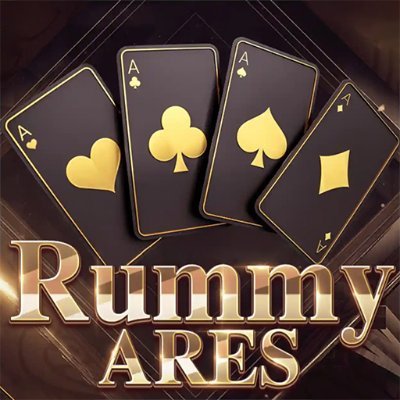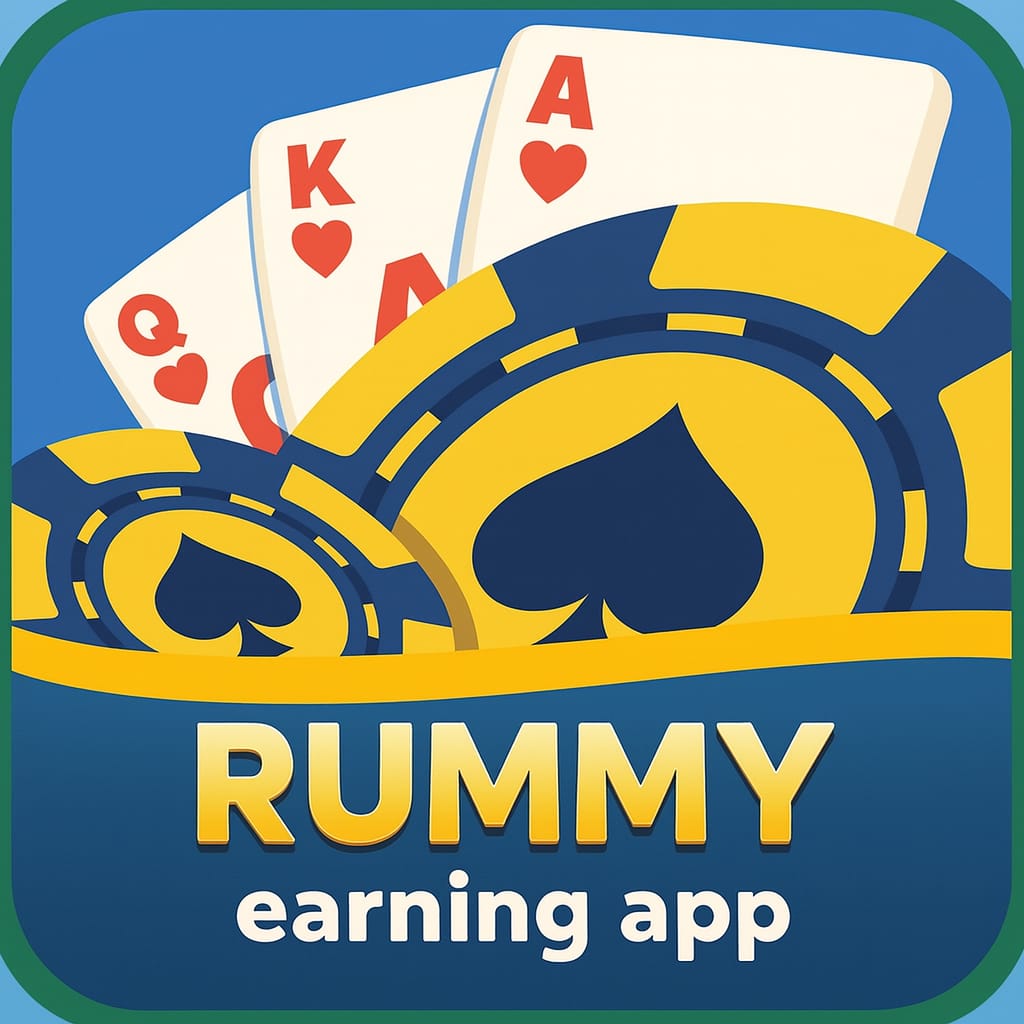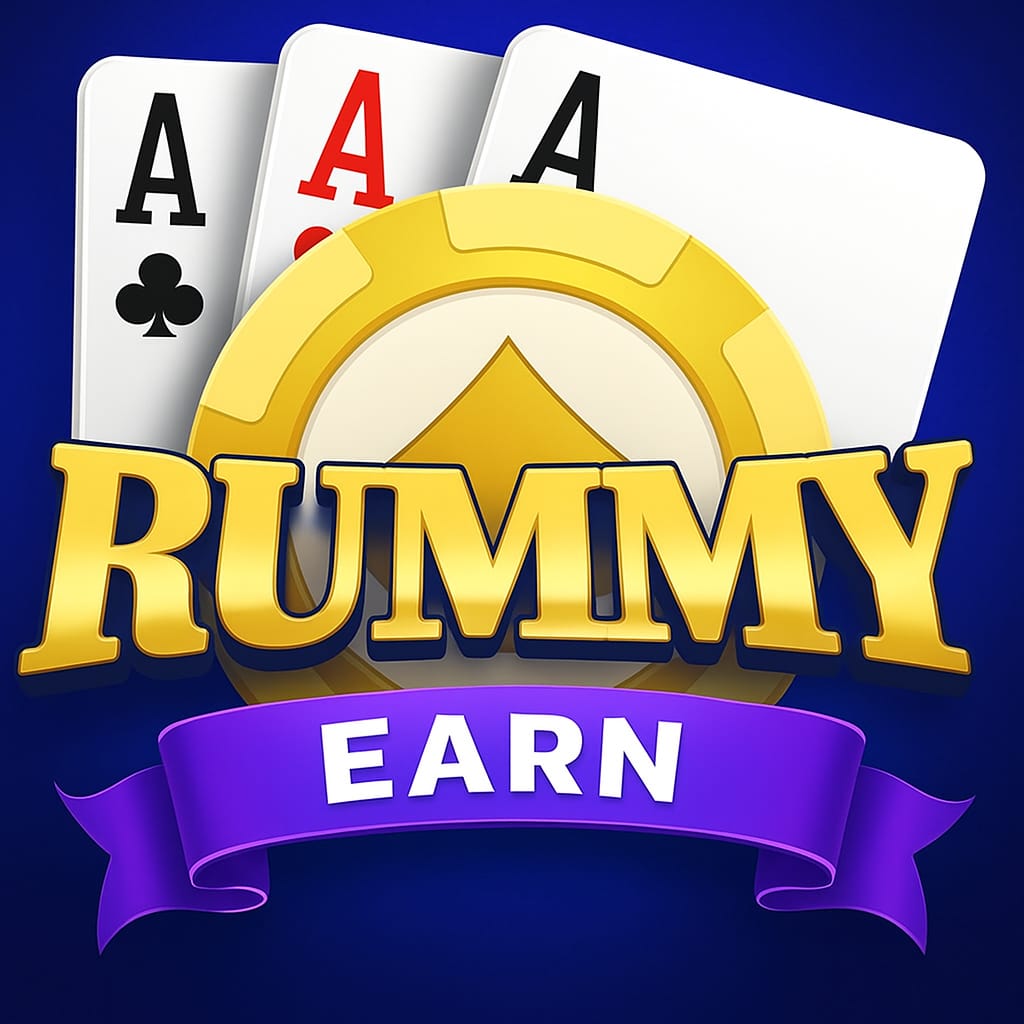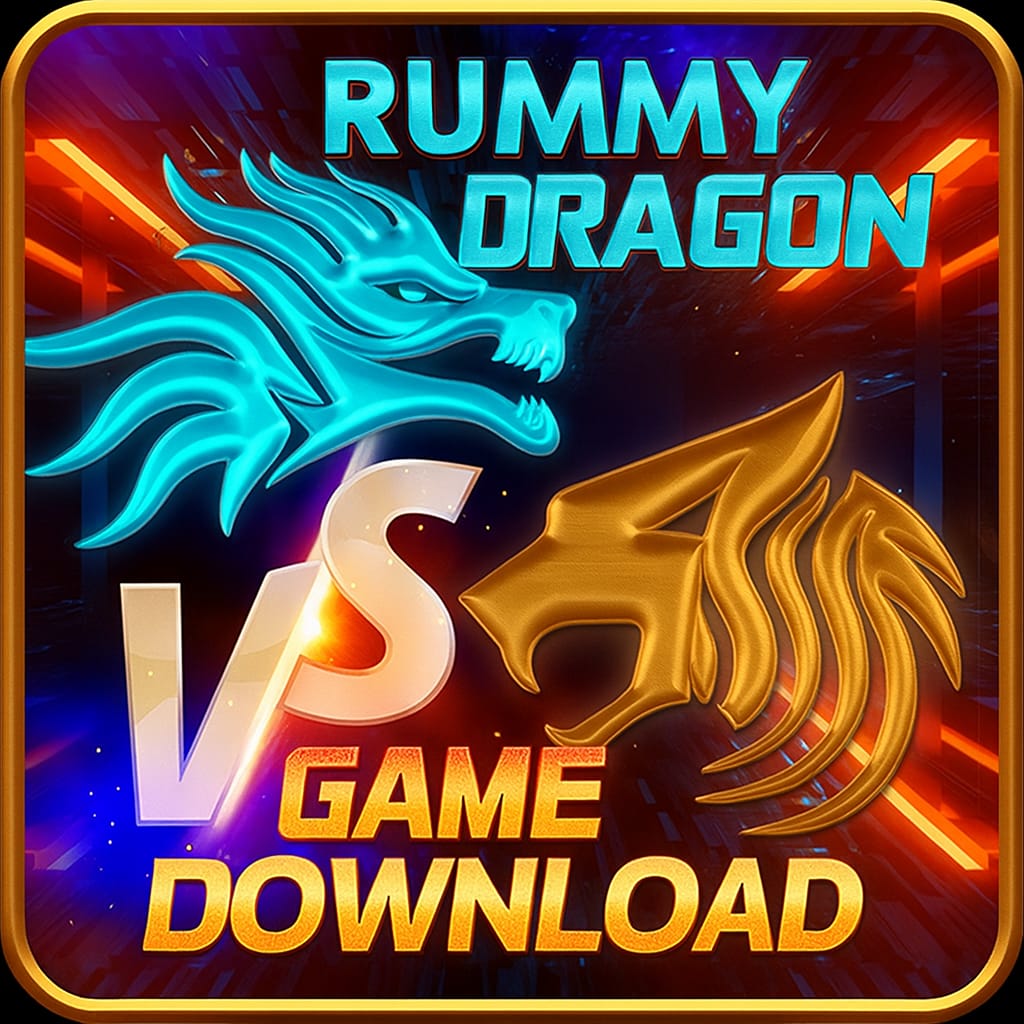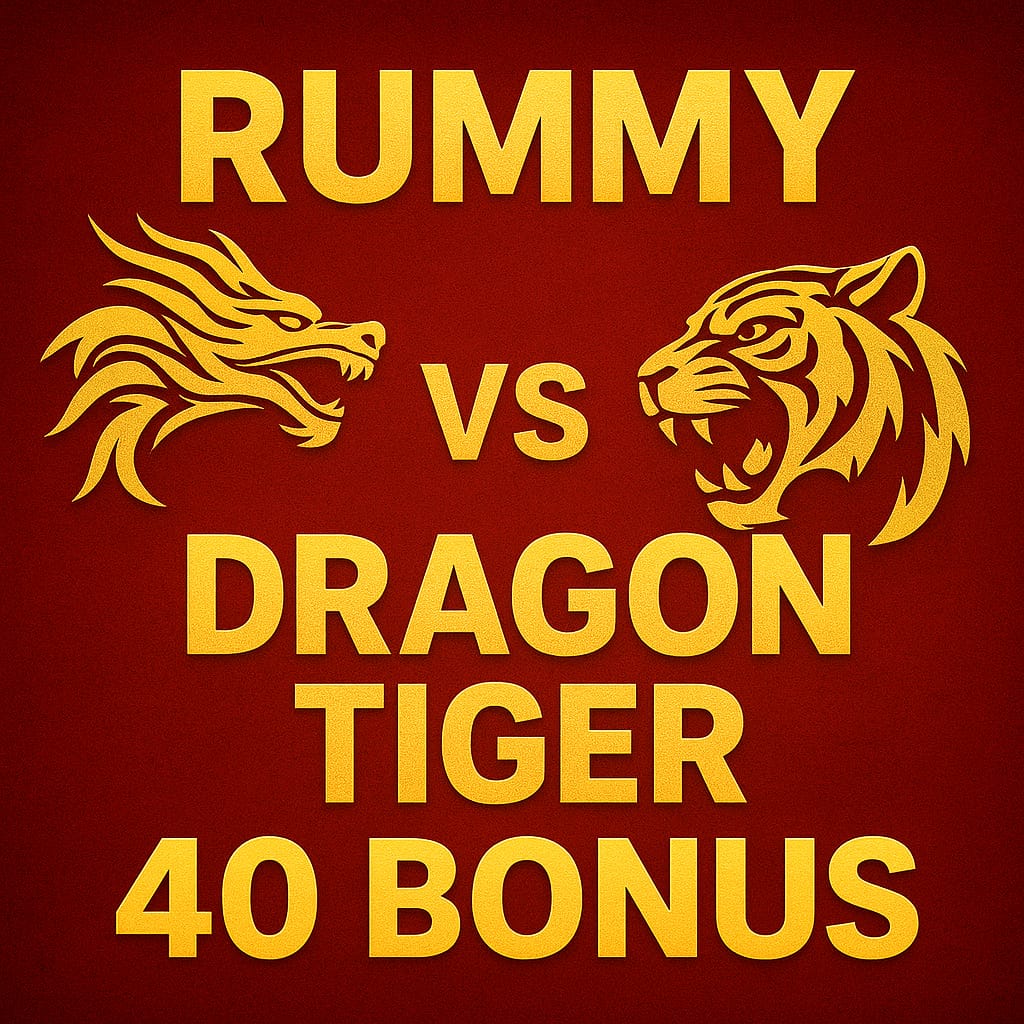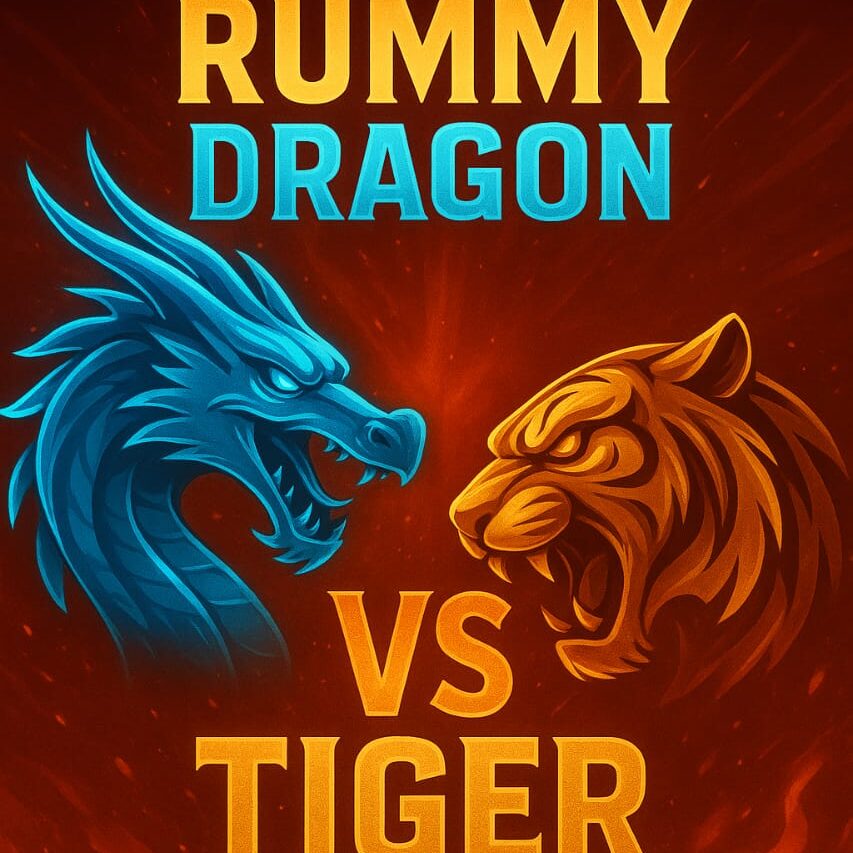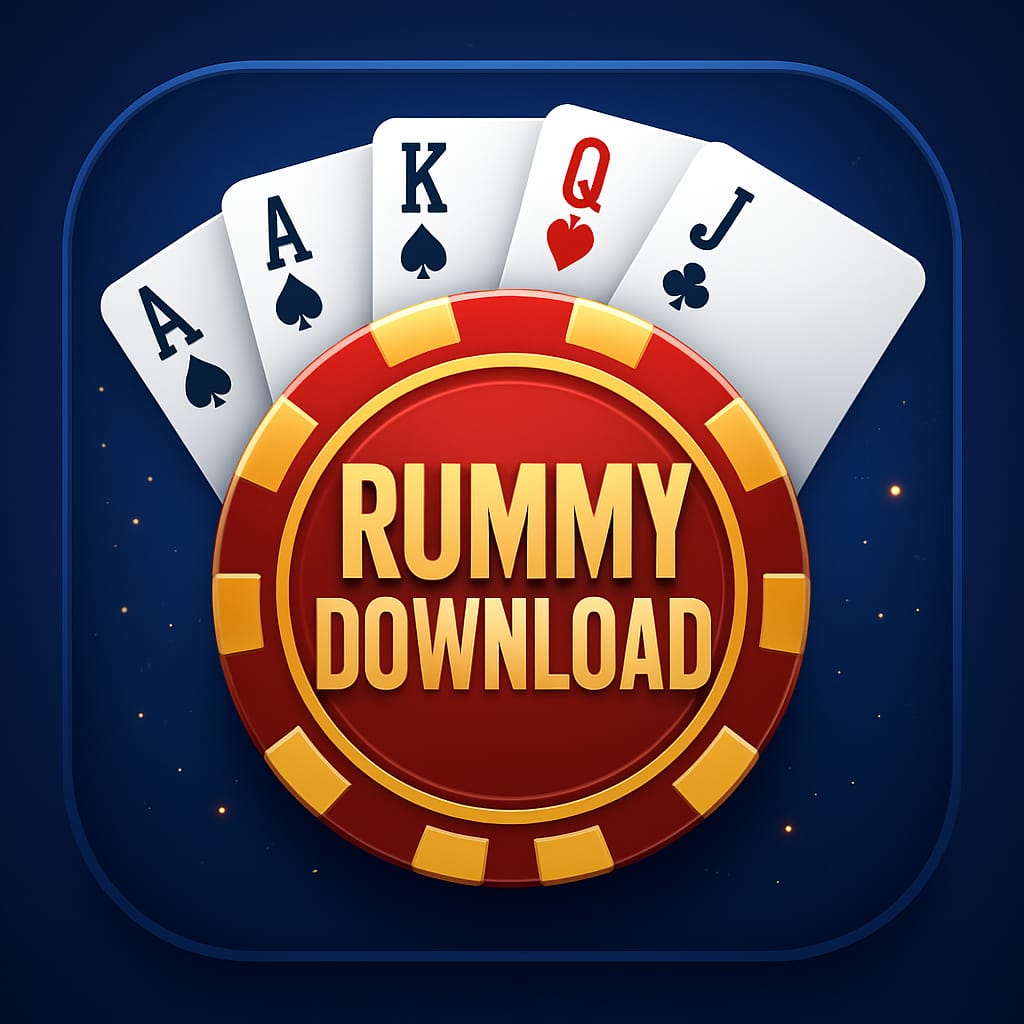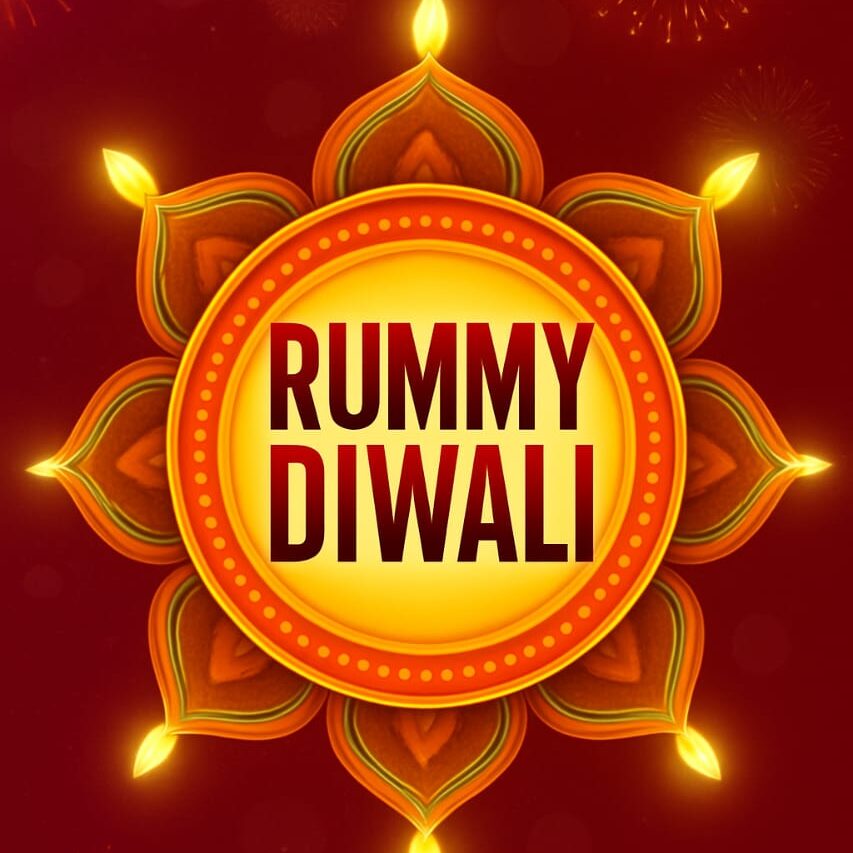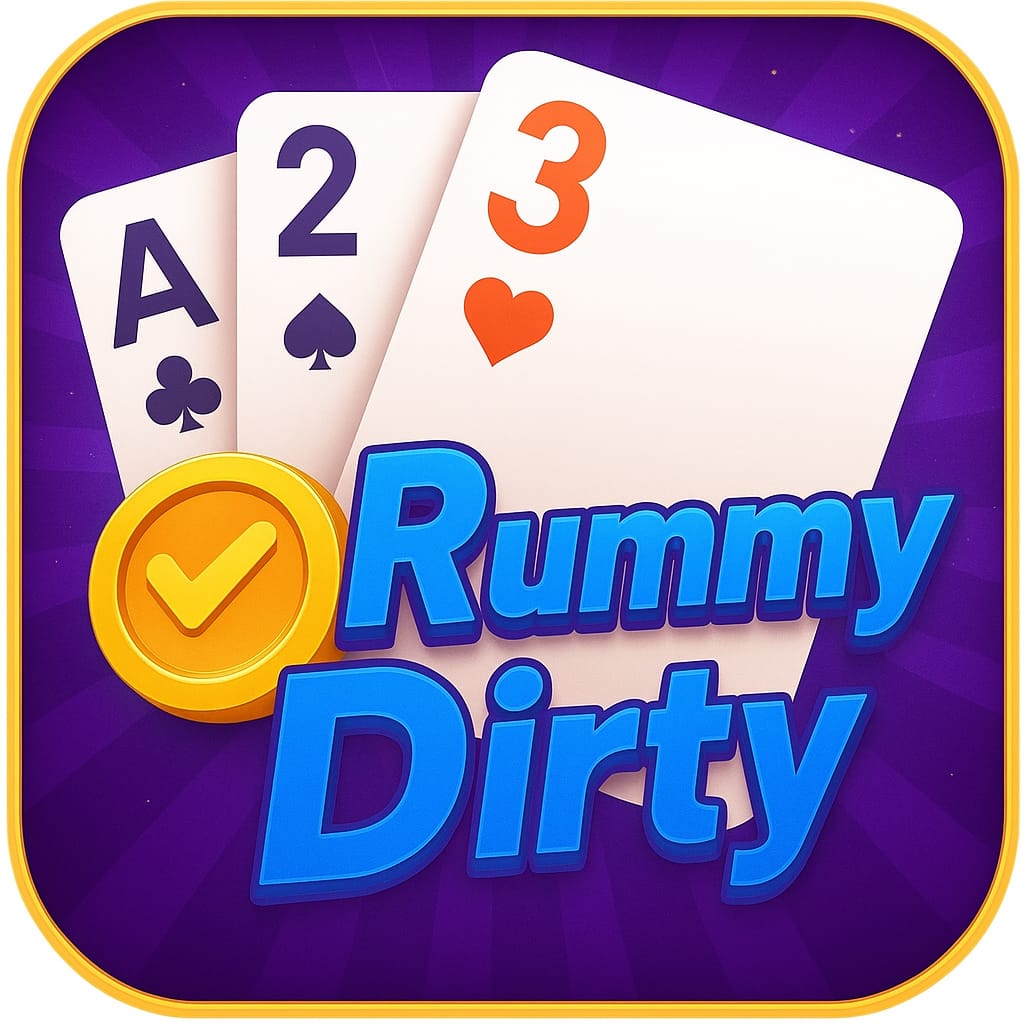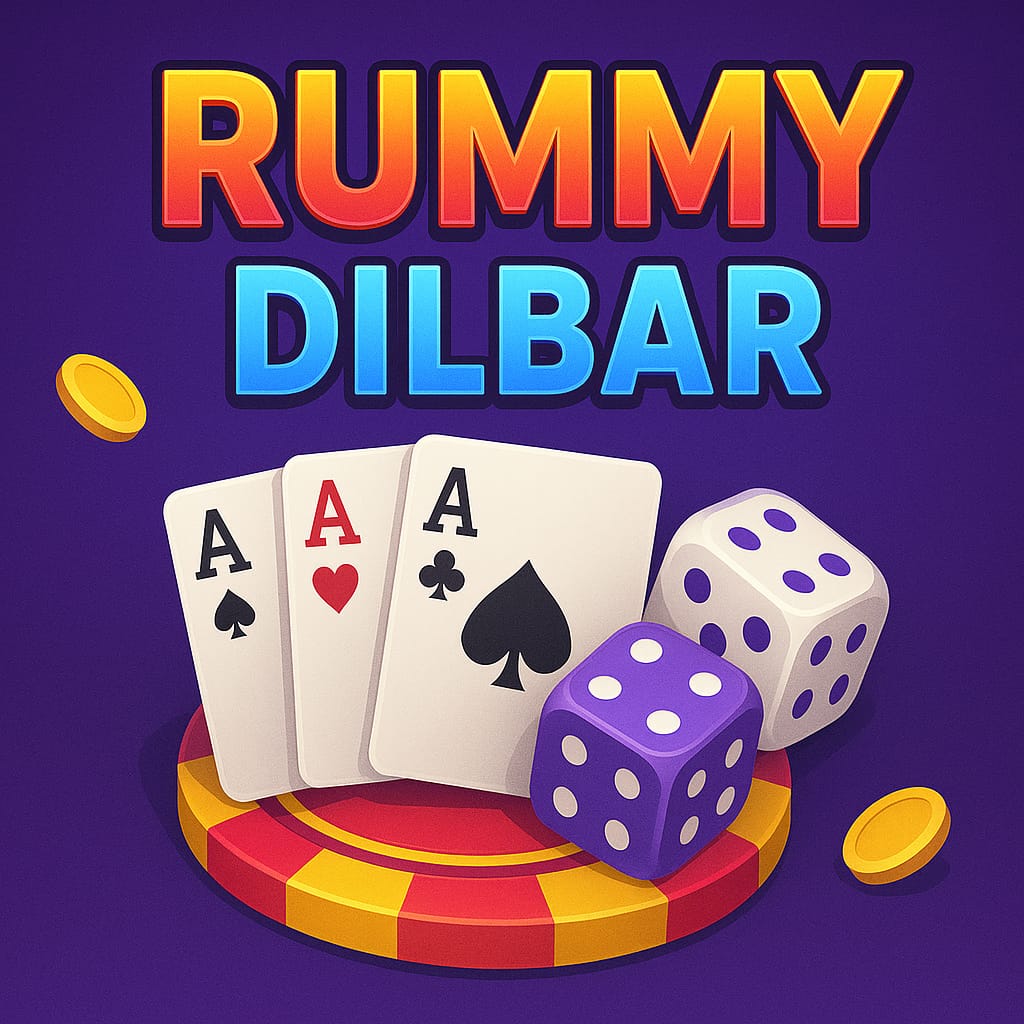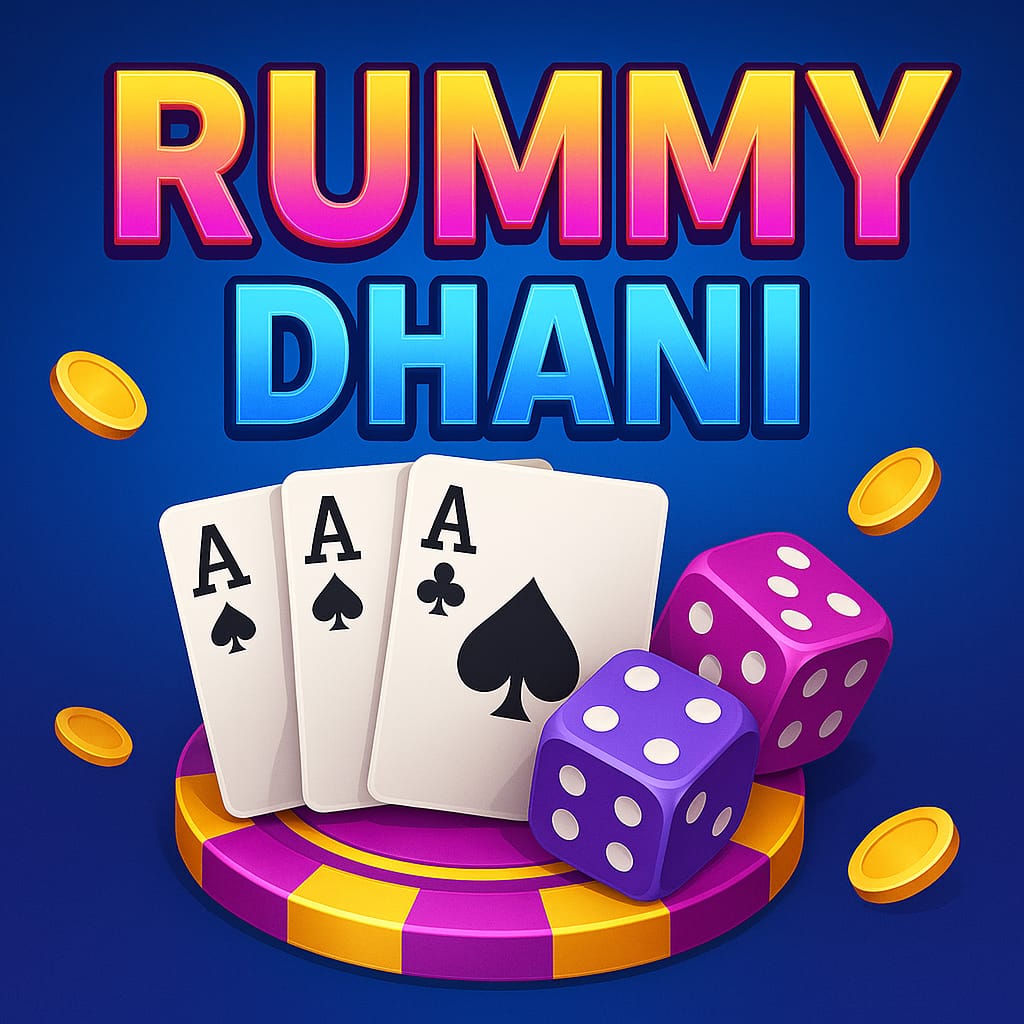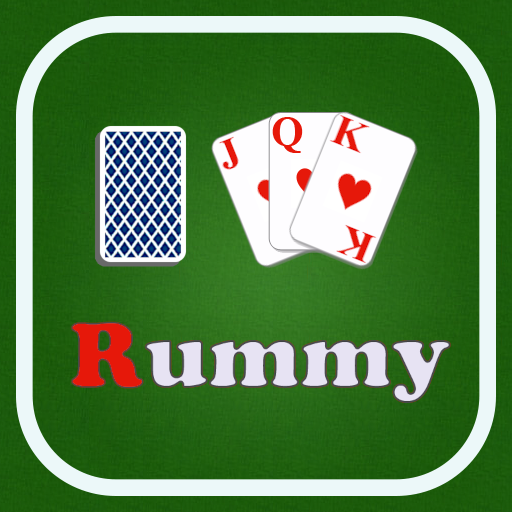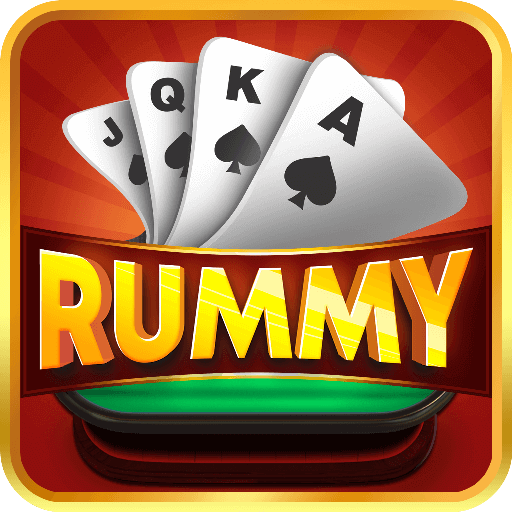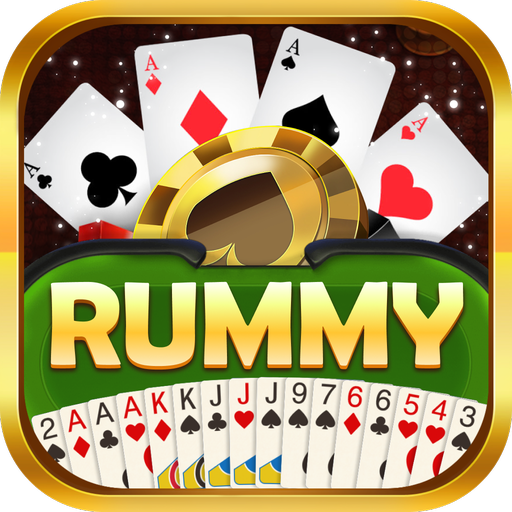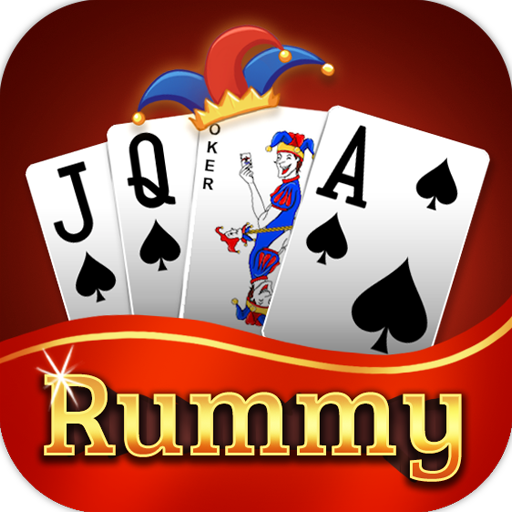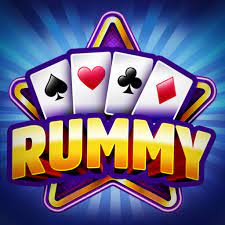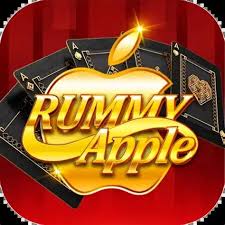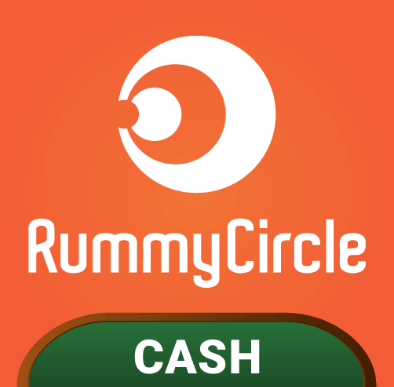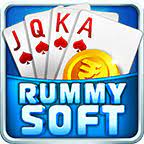Sure! Here’s a clear and informative article on Rummy Areas:
—
Understanding Rummy Areas: How the Playing Field is Set
Rummy is a beloved card game played around the world in many variations. While the basic rules revolve around forming sequences and sets, the layout or “areas” in Rummy plays a key role in organizing the game. Whether you’re playing on a physical table or a digital platform, understanding the different Rummy areas can improve your gameplay and help you play more efficiently. Also Download Happy Teen Patti

—
What Are Rummy Areas?
Rummy areas refer to the different sections or zones used during a game to place, draw, discard, and manage cards. These zones help structure the gameplay, especially in physical or tabletop settings.
Here are the key Rummy areas you should know:
—
1. Draw Pile (Closed Deck)
This is where players draw cards at the start of their turn.
The draw pile is formed by placing the shuffled deck face-down.
Players draw the top card when they don’t want the discarded card.
—
2. Discard Pile (Open Deck)
After each turn, a player discards one card to this face-up pile.
The next player can choose to draw this card if it helps complete a sequence or set.
This area offers strategic clues about what opponents may be collecting.
—
3. Player’s Hand Area
This is the private area where each player keeps their cards.
In physical games, players hold cards in their hand.
In digital or tabletop formats, cards are often arranged for easy view and sorting.
—
4. Meld Area (Declaration Zone)
This is the area where a player places their completed sets and sequences when making a valid declaration.
Cards are revealed here at the end of the game to verify the win.
—
5. Joker Card Display Area
In many Rummy variations, especially Indian Rummy, a wild Joker is selected at the beginning of the game.
This card is kept face-up in a designated area so all players remember which card is acting as a Joker.
—
6. Scoreboard / Points Area
Especially in tournament or point-based Rummy, a scoreboard is kept to track each player’s score.
In offline games, this may be written manually. In online versions, it’s often automated.
—
Optional Areas (in some versions):
Timer Zone: In online timed games, there may be an area showing how much time each player has left.
Trash / Dead Card Zone: If a card is mistakenly dealt or becomes unplayable, it may be placed in a neutral zone.
—
Why Rummy Areas Matter
Organizing the game into these areas helps:
Keep the game structured and fair.
Reduce confusion and errors during play.
Speed up gameplay by clearly identifying where actions happen.
—
Final Thoughts
Whether you’re playing with friends at home or competing online, understanding the Rummy areas is essential to smooth gameplay. Once you’re familiar with how the table is laid out and what each section is for, you can focus more on strategy—and on winning.
—
Want a visual diagram of these Rummy areas or a version tailored to a specific type like 13-card Rummy or Gin Rummy? I can help with that too! Also Download Teen Patti Club
